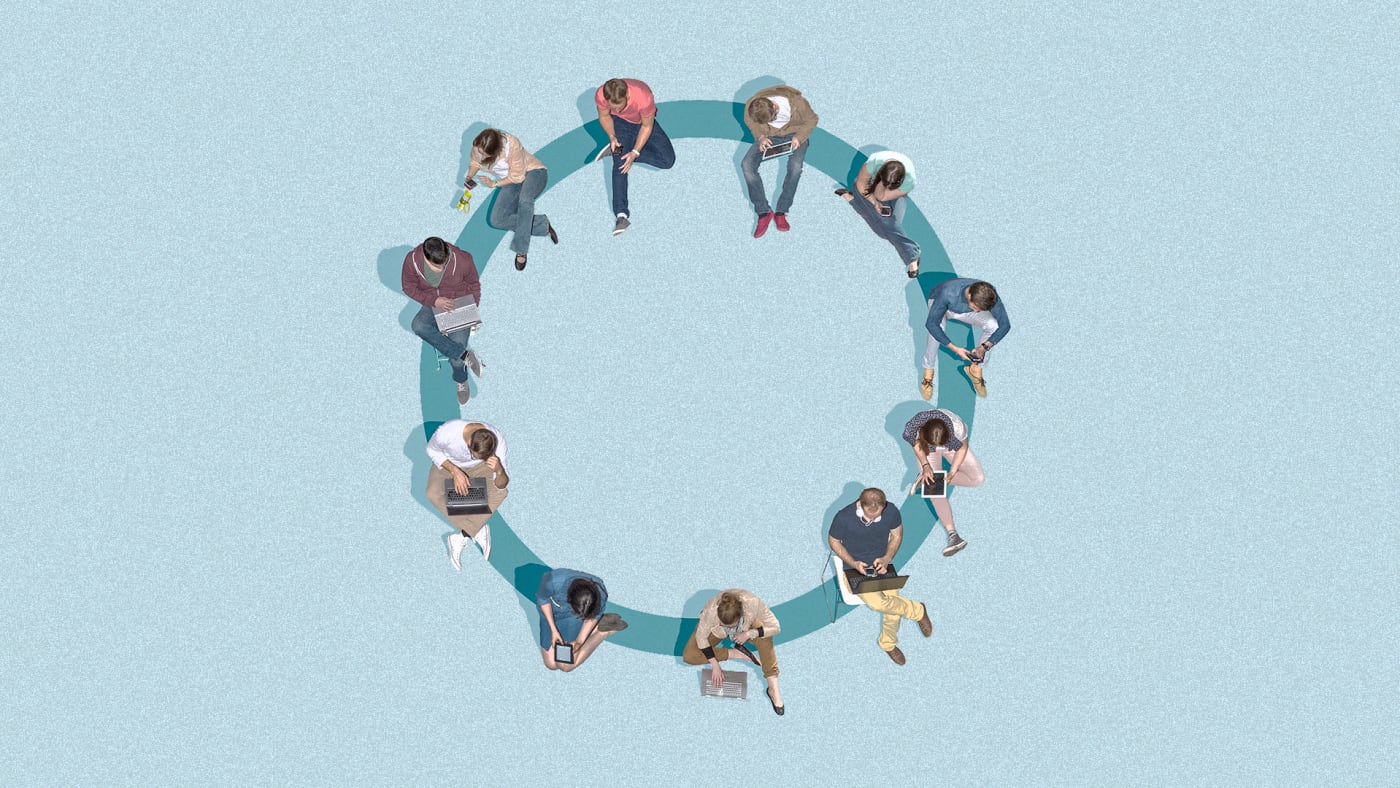Feature Friday – Beyond The Cult Of Human-Centered Design
Feature Friday
Beyond The Cult Of Human-Centered Design

[Picture: Bernhard Lang/Getty Images]
Find a summary of the article below; to access the full version visit FastCoDesign.com.
Negative Product or Service Design Features
While human-centered design and design thinking focuses on empathy and understanding users, their values and experience, designing for the individual can have disastrous long-term consequences:
- A platform designed to connect becomes an addictive echo chamber with historic consequences (Facebook);
- An automation system designed to improve safety undermines our ability to seek information and make decisions (the plane autopilot);
- A way to experience a new destination like a local squeezes lower income residents out of affordable housing (Airbnb).
By focusing on the individual user alone, we often fail to take into account broader cognitive and social biases.
Systematically Humanizing Design Thinking
The discipline needs to be integrated with systems thinking in order to take over their responsibility to evolve from human-centered design thinkers to humanity-centered designers.
Taking into account longer-term consequences means doing ethnographic research, creating empathy maps, and understanding the interests, biases, and motivations of the people affected by designs immediately. The key difference when adopting a systems approach is that one can examine large implications: By providing a benefit to one group of people, are we negatively impacting another (in the case of Airbnb: local low-income residents)? Are our values sustainable in the face of the behavior shifts our designs create (in the case of the plane autopilot: sustaining knowledge and expertise in the advent of automation)? What is the environmental and social cost of a product–what happens at the end of its life?
Reverse Engineering
By means of backcasting, at first, crafting the desired outcome and then working backward from there, designers can proactively improve our work, society, and lives.
Long-Term Problems
Design thinking as a process with its emphasis on rapid prototyping, testing, iterating struck a chord with organizations under pressure to transform as quickly as possible. However, this short termism prevents us from solving the dizzying array of long-term problems we face:
- climate change,
- growing political instability and polarization,
- economic inequality,
- unsustainable social systems like social security and healthcare,
- digital systems compromising our privacy and security, and
- the specter of joblessness resulting from AI and automation.
Initiatives like The Designers Accord, Circular Design, and Inclusive Design are steps in the right direction–building on human-centered design practices to address the reality of our interconnected world, or what the Ellen Macarthur Foundation calls the circular economy.
Responsibility by Design
The time calls for designers to leverage on their influence, training in research and empathy, and skills in solving complex challenges and reframing problems to create the tools that help people with different backgrounds, ideas, and priorities align on big ideas and intangible concepts.


